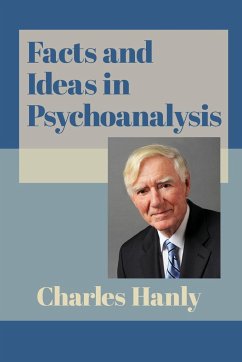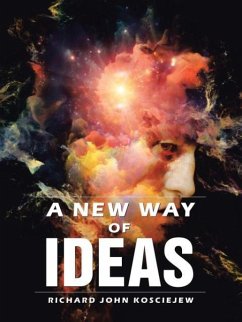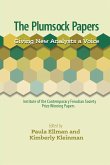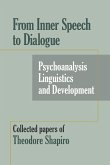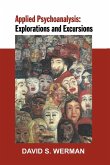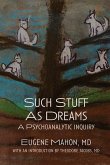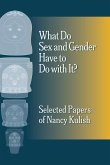"What do we know, and how do we know it? What are the limits of knowing, and how can we self correct to adjust for them? These questions, even when unthought, shape how we think, how we live, and inexorably how we practice in the immediacy of each analytic moment. From his lifetime of relentless curiosity and deep immersion in both the laboratory of clinical psychoanalysis and the academe of philosophy, Charles Hanly brings refreshing clarity to our struggles with evidence and truth, individuality and relationalism, emotions and ethics. And he does all of this with a rare lucidity, making this profound study engaging to read as well as valuably enlightening to learn. Full Michelin stars-Well worth the journey." -WARREN S. POLAND, MD, author of Intimacy and Separateness in Psychoanalysis "This brilliant book on psychoanalysis-a treasure of psychoanalytic and philosophical insight-is arguably our most sophisticated work to tackle what is perhaps the deepest problem bedeviling our field (and human sciences generally): how to settle competing, contradictory theoretical claims within the field. There are, broadly, two different views on how to proceed. The first view claims that theories must be scientific, and thus correspond to "the facts," and that the facts are primary, and they determine the best theory. This is a call for empiricism, in which "the facts" decide between theories. The second view argues there is a problem with the first view: there are many facts in life, and our theories predispose us to select which facts we attend to, and even determine what constitutes a relevant "fact." In this view, theory is primary. What matters is that the theory is internally coherent and appealing to the individuals using it-in terms of it being consistent with other theories, addressing questions of interest, even on aesthetic, or increasingly today, social grounds. This more relativistic view undermines the idea that there are determinative facts, and sees the resort to empiricism as a naïve enterprise. But this view is not without problems. Patients come to analysts suffering. This suffering, for them, is a central "fact" of their lives. In response, analysts represent themselves to patients as able to, in fact, provide help. So the empirical question, "Are some of the different approaches, in fact, better than others therapeutically?" won't go away. The answer affects what we say to our patients, what we teach, and whether analysis is, as Freud thought, a science, or not. No one, to my knowledge has thought through this problem more deeply and constructively in psychoanalysis than Charles Hanly. His thought is distinguished by probity, clarity, and his writing is accessible, elegant, and rooted in clinical and philosophical depth. Hanly makes the strongest case I know of that while Freud recognized that our theories (even our childhood theories) can determine what we notice as fact, the goal must always be to clinically test if a particular intervention is therapeutic, and this means correspondence theory and empiricism must remain central to psychoanalysis. -NORMAN DOIDGE, MD, FRCPC, Training and Supervising Analyst, Toronto Institute of Psychoanalysis, author of The Brain That Changes Itself
Hinweis: Dieser Artikel kann nur an eine deutsche Lieferadresse ausgeliefert werden.
Hinweis: Dieser Artikel kann nur an eine deutsche Lieferadresse ausgeliefert werden.

